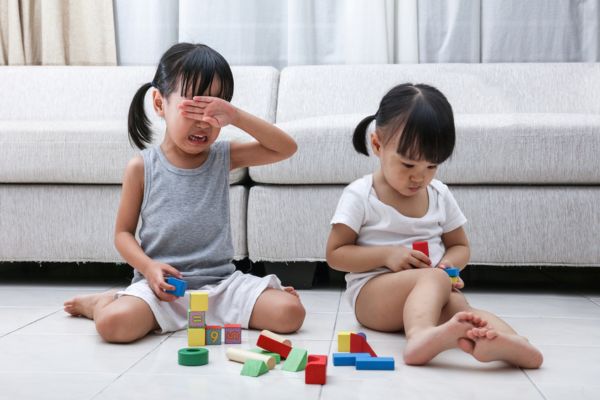
One of the most important set of skills you can teach the kids you care for are conflict resolution skills. These skills will help them in their personal relationships with parents, friends, teachers, coaches… pretty much everyone in their life. They will also help them learn to share their personal perspectives, better understand the perspectives of others and have respectful conversations around sensitive or difficult issues. So, what are conflict resolution skills?
- Self-awareness and self-reflection. To be able to participate in conflict resolution, your child must learn to identify, understand and process their feelings, perspectives, beliefs, ideas, biases and experiences. Once they know themselves, they can authentically engage with others.
- Listening. There are two types of listening that are important in conflict resolution. It’s important to know how to listen deeply, holding space for the other person so they feel seen, heard and valued. It’s also important to actively listen, asking thoughtful, opened ended questions to help better understand the other person’s feelings, perspectives and experiences.
- Sharing respectfully. Conflict resolution always involves, well, conflict. It’s essential that children learn to share what’s in their heart and on their mind in respectful ways.
- Perspective-taking. The ability to see a situation from another’s perspective, even if you’d see things differently if you were in that situation, is another key conflict resolution skill. It may be the hardest because it requires us to step out of what we know to be true and are comfortable with.
While these skills may sound too difficult for children to learn, (although hard!) they are very doable for kids. In fact, kids are able to learn conflict resolution skills easier than adults because they have less baggage to let go of. Start small, give them opportunities to practice and hone their skills and notice and appreciate their effort along the way.